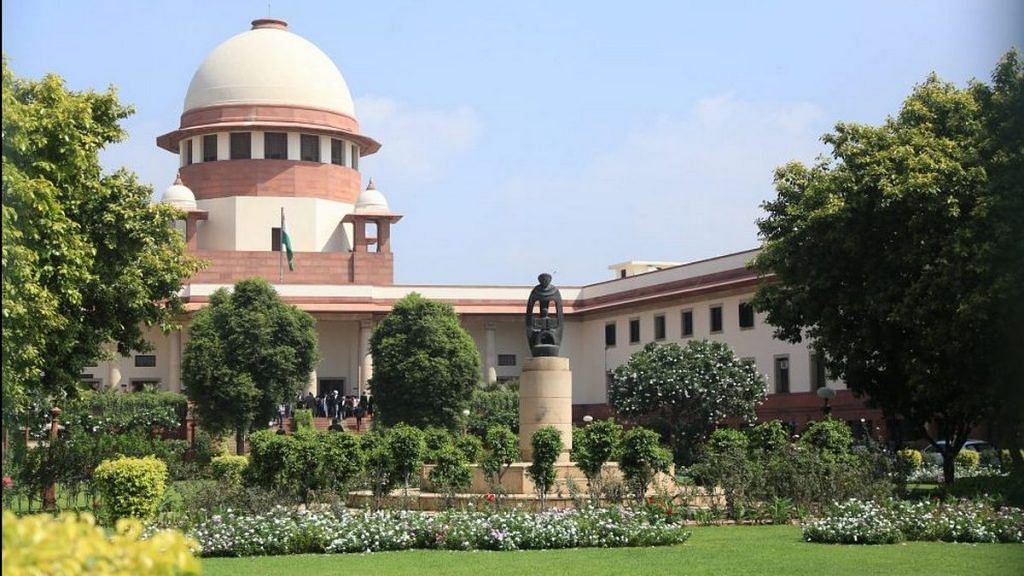New Delhi: The Supreme Court Wednesday agreed to examine the powers of tax authorities to arrest an individual for Goods and Services Tax (GST) evasion.
A vacation bench comprising Chief Justice Ranjan Gogoi and Justice Aniruddha Bose issued notice to the Centre and sought its reply on a batch of pleas challenging the provision of arrest under the CGST Act.
The bench said that different high courts had taken different views in granting anticipatory bail to individuals accused of GST evasion and therefore, it needs to decide the question of law on the power of arrest.
It also asked all the high courts to keep in mind, while dealing with grant of anticipatory bail in GST evasion cases, its earlier order by which it had upheld the Telangana High Court verdict which had said that individuals can’t be given protection from arrest in such cases.
The bench listed the batch of petitions before a three-judge bench to decide the question of law on the power of arrest.
The top court had on May 27 dismissed a plea challenging the Telangana High Court verdict that a person can be arrested by the authority concerned in cases of GST evasion.
On April 18, the high court had said it was not inclined to grant relief against arrest to petitioners who had approached it challenging the summons issued by Superintendent (Anti-Evasion) of the Hyderabad GST Commissionerate under the Central Goods and Services Tax Act, 2017 and invocation of penal provisions under the law.
The high court had delivered the verdict which dealing with a batch of petitions filed by some private companies, its top officials and others.
The government had told the high court that petitioners before it were allegedly involved in incorporating several partnership firms and had claimed input tax credit on the basis of certain invoices, without there being any actual physical receipt of goods.
It had alleged that the fraudulent input tax credit claimed by them was to the tune of Rs 224.05 crore.
Also read: Record Rs 1.13 trillion GST collection in April is an exception rather than the rule
